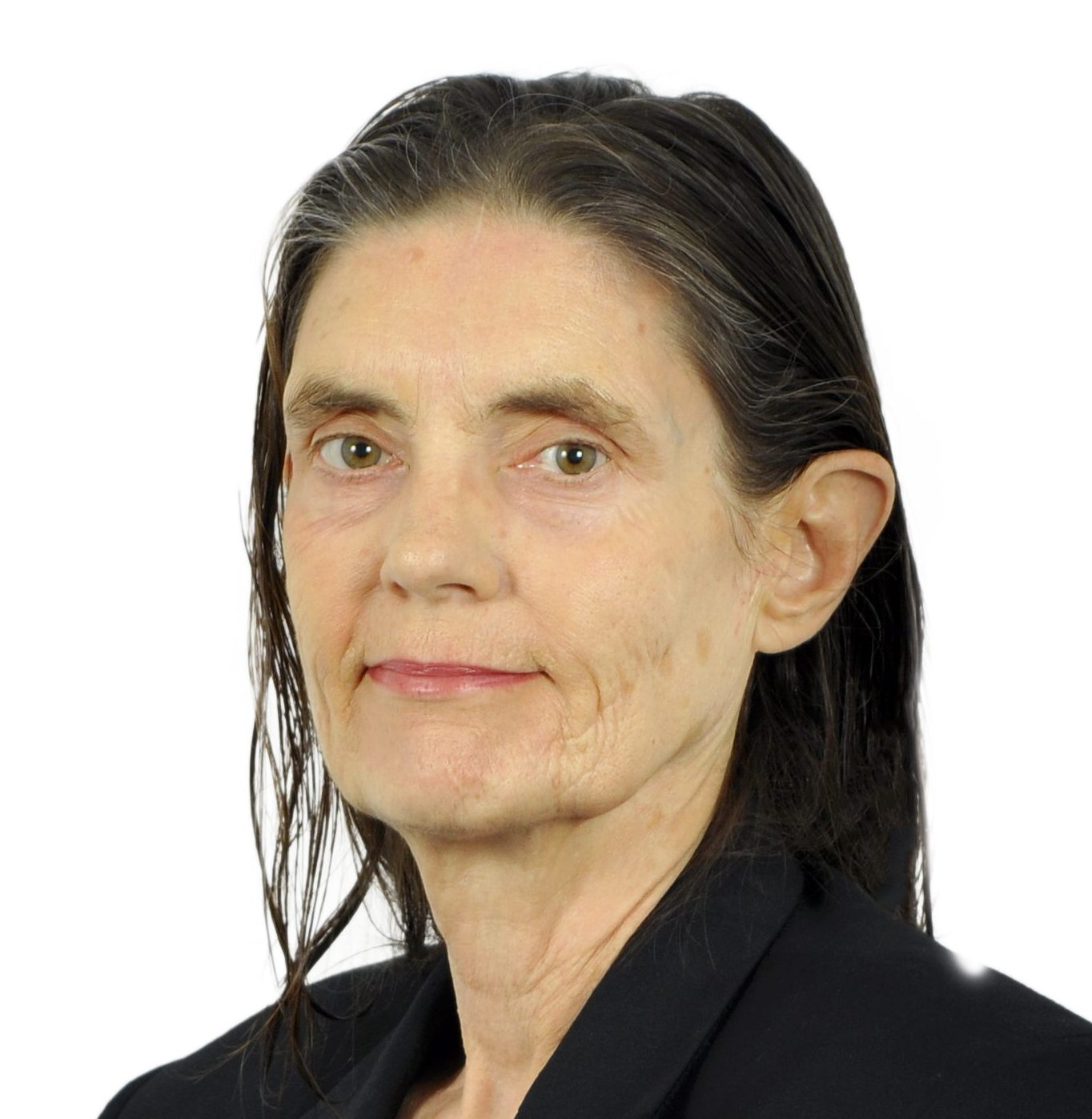S&P Global Offerings
Featured Topics
Featured Products
Events
S&P Global Offerings
Featured Topics
Featured Products
Events
S&P Global Offerings
Featured Topics
Featured Products
Events
Solutions
Capabilities
Delivery Platforms
News & Research
Our Methodology
Methodology & Participation
Reference Tools
Featured Events
S&P Global
S&P Global Offerings
S&P Global
Research & Insights
Solutions
Capabilities
Delivery Platforms
News & Research
Our Methodology
Methodology & Participation
Reference Tools
Featured Events
S&P Global
S&P Global Offerings
S&P Global
Research & Insights
S&P Global Offerings
Featured Topics
Featured Products
Events
Support
12 Sep 2023 | 04:10 UTC
Highlights
Russian angle 'purely opportunistic'
G7 $60/b cap breached since July
Tanker rates set to rebound: CEO
Fractal Shipping, which has carried 88 million barrels of crude and oil products since December 2022 -- half of it of Russian origin -- is considering expanding its fleet of 28 ships to include ships that are less than 10 years old, while seeking more traditional business in India, Turkey and the Persian Gulf now that the window on Russia crude has closed, CEO Mathieu Philippe said in an interview in Dubai with S&P Global Commodity Insights.
"The opportunities are everywhere once you have a fleet which is accepted technically by the counterparts," Philippe said. "India has cargoes going back to the Mediterranean which is good positioning for us, the [Arab] Gulf has always had cargoes. We're just going back to more traditional trade."
Fractal Shipping was one of the largest loaders of Russian crude and products in compliance after the EU and US imposed rules of a $60/b cap in December following Russia's invasion of Ukraine in February 2022. The EU and G7 price cap of $60/b for Russian crude as of December was breached in early July, closing the trade for Fractal Shipping while it continues to move some Russian oil products that still trade below their price caps, Phillipe said.
But even moving Russian products has become less attractive as supplies have declined, he said.
"The Russian angle for us was purely opportunistic, but a very steep learning curve how to comply without restricting ourselves, without self-sanctioning ourselves, which is something we almost never do. But we have never crossed the line. We are in a world where compliance is everywhere," he added.
Phillipe said while some shippers were very vocal about not touching Russian crude or products, Fractal Shipping got into the business on this basis, adding: "If we have the right structure, if we run the right compliance checks, if we do everything right as per the guidelines, which we do."
At its peak, Fractal Shipping was using 14 of its 28 ships to move Russian crude from the Baltic Sea to north China, with an average of two or three cargoes of 600,000 barrels each per ship, he said. Fractal wasn't alone in the business. "The Greeks were the biggest lifters by far, first tier Greek ship owners," he said. "Those that have been supported and approved by Shell, Total, Exxon." About five or six of its ships are undergoing required scheduled maintenance cycles, he said.
Fractal plans to acquire newer ships to take advantage of opportunities such as in the US, where older ships are restricted, he said. The company's fleet is aged 14 years but below 20 years. "If we manage to get into renewal of our fleet, then we can target the US," he said. Having a fleet that is considered "too old" by the trade has caused it to miss other opportunities, he said.
"We are now competing against the younger ships and they are preferred by charterers. There is no doubt we are losing a big chunk of our business to competitors." New ships may include the ones that can operate on LNG or other fuels sought by the shipping industry to lower emissions. "We want to be part of the green transition," he said.
Markets that are considered attractive for Fractal include China, because it's going to be exporting more products, Turkey, Latin America and West Africa because of refined products, Philippe said.
"We believe [tanker] rates will go up," he said. Rates are now low because refineries are on maintenance and traders have been away on vacation, he said.
Fractal has opened an office in Dubai, now made up of 17 chartering and operations staff, not because of the Russian trade and other Russian entities moving to the UAE but because Dubai has a good supply of ship operators, while Fractal's headquarters in Geneva does not, Phillipe said.
"Geneva is a trading place it's not a shipowner's place," he said.
Philippe started his career in Dubai in 2002 to start up a Middle East branch for BRS Shipbrokers, stayed there for eight years, then set up UACC, formed by the sovereign wealth funds of Qatar and Saudi Arabia. At the end of 2016 he left for a role in Geneva. "Dubai is where I grew my network, my career, my family, everything," he said.

